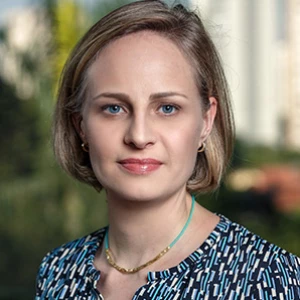If you know whence you came, there are absolutely no limitations to where you can go.
—James Baldwin
Few observers doubt the immense potential of Brazil, one of the world’s most significant emerging economies. Indeed, Brazil has great advantages. Compared with its colleagues in the BRIC quartet of emerging giants, it is
Decision makers and investors need a compass to guide their choices. In order to know where Brazil is going, they need to know where it is now—and how it got there. They need an informed sense of Brazil’s comparative advantages and disadvantages, as well as how it is changing—in what direction and how fast. They need a view of Brazil’s society as well as its economy that goes beyond clichéd images of brilliant football teams, the Rio carnival, and the poverty and crime of the favelas. They should be aware, for example, that Brazilian financial regulations set standards that most global banking centers fail to match.
Investors and decision makers also need authoritative, balanced information. Alongside the exuberant forecasts, it is important to know about Brazil’s limitations—and to be aware of strictures such as European trade commissioner Karel de Gucht’s warning in May 2012 that “Brazil should be proud of the enormous progress it has made in recent years, but it must also know it cannot stand still if it wishes to move to the next stage of development.”
We aim to provide that compass and guide. This document has its foundations in BCG’s support for the development of The Attractiveness of Brazil as an Investment and Business Hub, a report published in October 2012 by Brasil Investimentos e Negócios (BRAiN). In this report, we look at Brazil in terms of seven pillars critical to the aspirations of any country with the potential to establish itself as an attractive business and investment hub. We provide investors and others interested in doing business in Brazil with a framework to assist them in thinking about the relative attractiveness of the country in the context of different business objectives—and how best to explore the opportunities Brazil offers.
Acknowledgments
We would like to thank many current and former BCG colleagues without whom this report would not be possible: Antonio Riera, Bruno Antunes, Camila Penazzo, Carlo Calabro, Cristiana Oashi, Daniel Zonenschein, David Michael, Débora Mayer, Diana Gerbase, Duncan Martin, Flavio Magalhaes, Frankie Leung, Giuliano Giordano, Henrique Sinatura, Ignacio Pena, Jorge Becerra, José Shintate, Juliana Barbosa, Luis Figueira, Marcos Aguiar, Paulo Nakamura, Philippe Dutheil, Philippe Morel, Rafael Zuana, Silmara Costa, Thiago Miskulin, Tjun Tang, V. Chandrashekhar, and Walter Piacsek.
We extend further thanks to BRAiN’s executives and staff members: Luiz Roberto Calado, André Luiz Sacconato, José Manoel Moulin Ribeiro Netto, Daniel Peres Rosenfeld, Eduardo Oliveira Limeira, Filipe de Oliveira Pelepka, Danilo Corrêa Vivan, Juliana Dib Rezende, and Sandra de Souza Lima.








